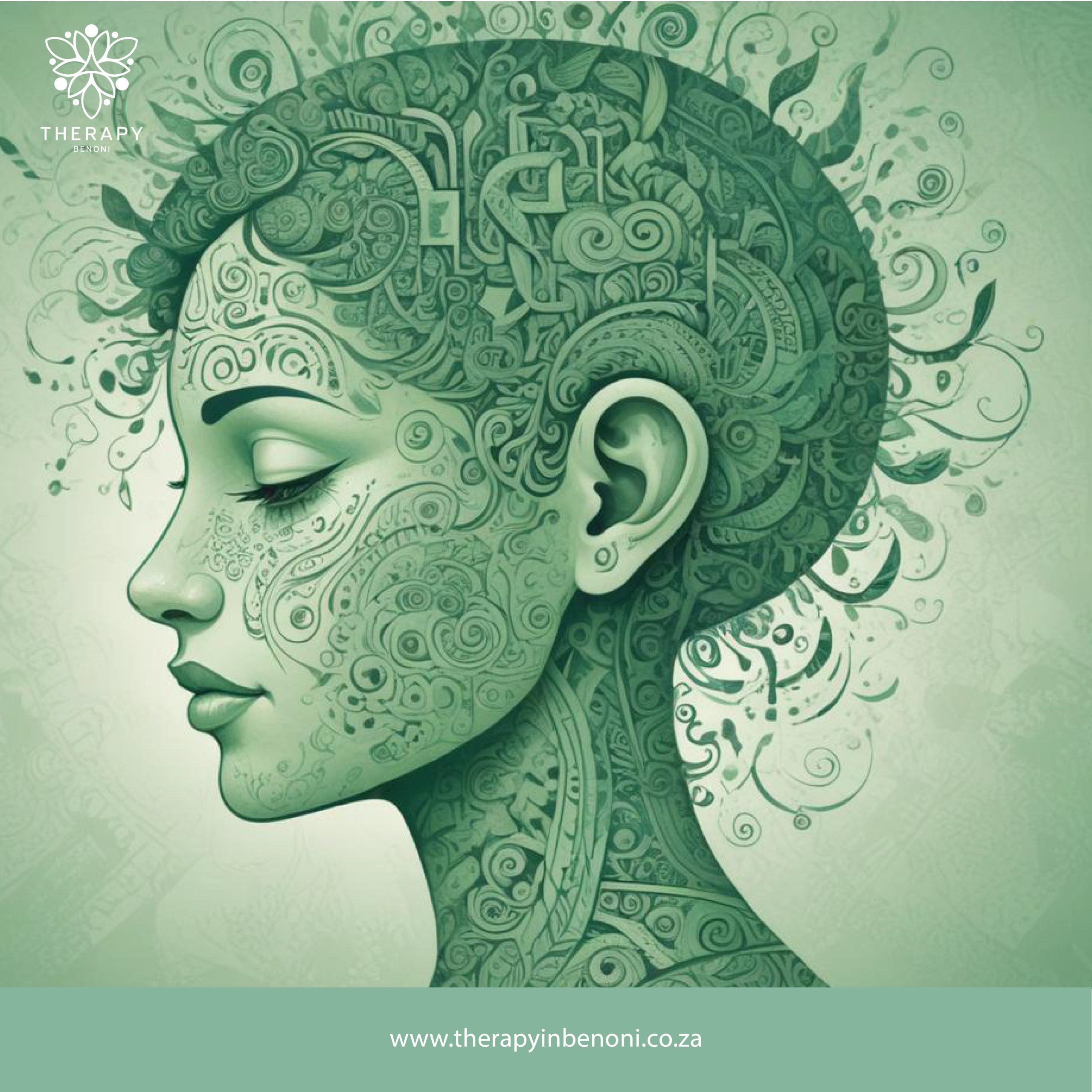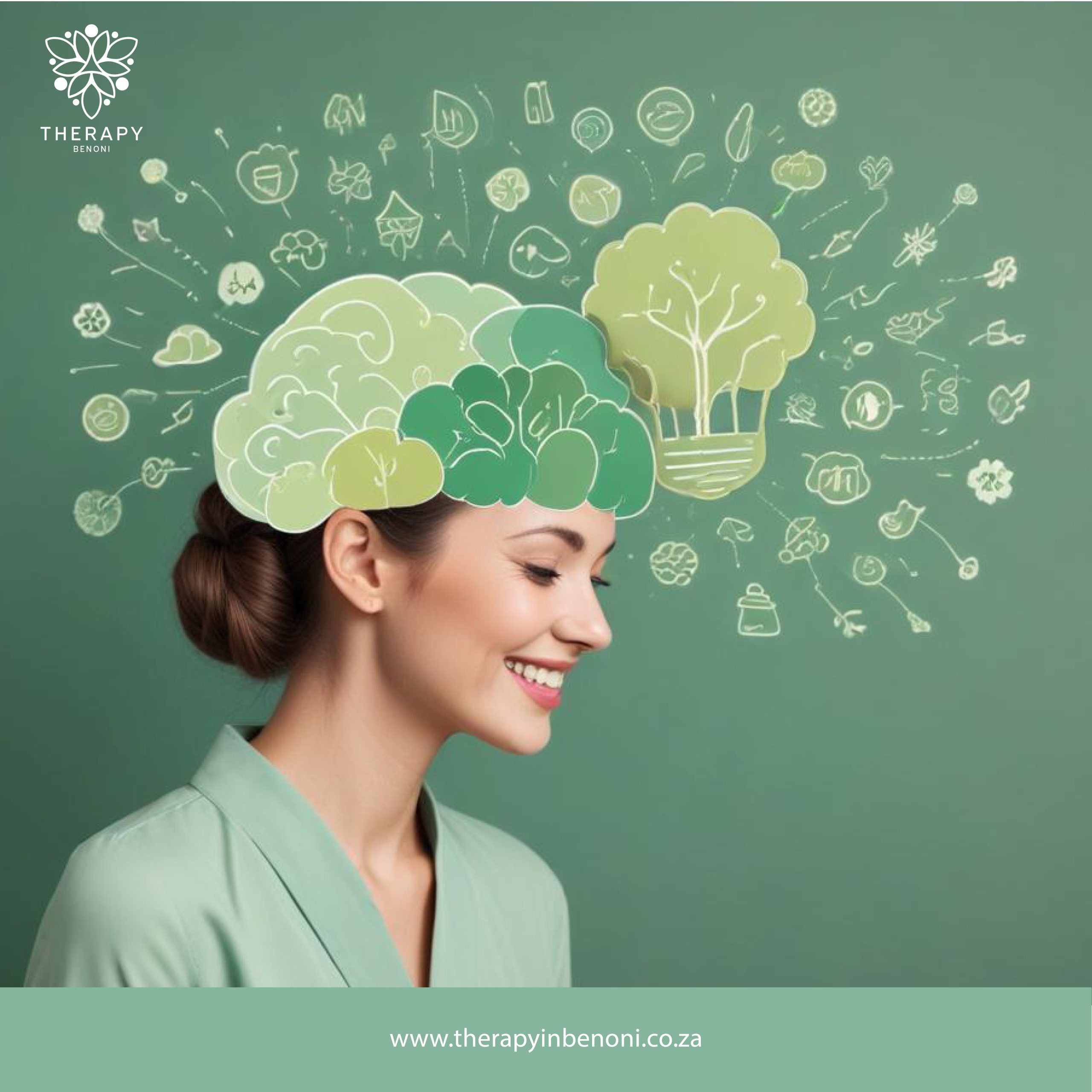ADHD in Children in Benoni: Symptoms, Diagnosis, and Treatments
ADHD Therapy for Children in Benoni
What is ADHD?
ADHD, or attention deficit hyperactivity disorder, affects children’s focus, behavior, and impulse control. It is characterized by symptoms such as inattentiveness, hyperactivity, and impulsivity. Understanding ADHD is crucial for effective management and treatment.

Identifying Symptoms of ADHD in Children
Symptoms of ADHD include difficulty maintaining attention, excessive activity, and impulsive behaviors. These symptoms often lead to challenges in school and social interactions. Early recognition and assessment are key to effective intervention.

Diagnosis of ADHD in Children
Diagnosing ADHD requires a comprehensive evaluation by healthcare professionals. This may include behavioral assessments and interviews with parents, teachers, and the child. Accurate diagnosis is essential for tailoring appropriate treatment strategies.
Treatment Options Available in Benoni
Treatment for ADHD in Benoni may involve behavioral therapy, medication, or a combination of both. Behavioral strategies focus on managing symptoms and improving functioning. Medications, if prescribed, can help regulate brain chemistry to reduce symptoms.
The Role of Behavioral Therapy in Managing ADHD
Behavioral therapy is a key component of ADHD treatment. It involves teaching children strategies to increase their attention and control their impulses. Sessions may also guide parents on how to support their children effectively at home.


Integrating Educational Support for Children with ADHD
Schools play an important role in supporting children with ADHD. Tailored educational plans and classroom accommodations can help manage learning challenges. Collaboration between therapists, parents, and schools is vital for holistic care.
Challenges in Treating ADHD and Overcoming Them
Schools play an important role in supporting children with ADHD. Tailored educational plans and classroom accommodations can help manage learning challenges. Collaboration between therapists, parents, and schools is vital for holistic care.

Supporting Parents and Families in Managing ADHD
Parents and families need support and education to manage ADHD effectively. Training and resources can help families provide a constructive and supportive home environment. Support groups and workshops can also be beneficial.
Monitoring and Adjusting ADHD Treatments
Continuous monitoring of treatment efficacy is key in ADHD management. Adjustments may be needed based on how the child responds to interventions. Regular follow-up with healthcare professionals ensures the treatment remains aligned with the child’s needs.


Utilizing Technology in ADHD Therapy
Technology can enhance ADHD therapy by providing tools for behavior tracking, reminders, and interactive therapeutic activities. Apps and digital platforms offer innovative ways to engage children and complement traditional therapy methods.
Long-term Management of ADHD
Managing ADHD is often a long-term process. Continuity of care, including ongoing therapy and possibly medication, helps maintain stability. Long-term strategies focus on promoting personal growth and success throughout the child’s development.

Advances in ADHD Treatment Methods
Advancements in ADHD treatment continue to emerge, providing new options for managing the disorder. These may include new medications, enhanced therapeutic techniques, and integrated care approaches. Staying informed about these developments is essential.
Community Resources and Support for ADHD
Community resources can provide additional support for children with ADHD and their families. Local health services, educational workshops, and support networks contribute to a supportive community environment that fosters positive outcomes.

Success Stories and Positive Outcomes in ADHD Therapy
Sharing success stories from ADHD therapy can inspire and motivate families dealing with ADHD. These stories highlight effective strategies and positive impacts of treatment, offering hope and demonstrating the possibility of managing and thriving with ADHD.

The Impact of ADHD on Childhood Development
Understanding the impact of ADHD on a child’s development is crucial for comprehensive care. While it presents challenges, effective management allows many children to lead successful and fulfilling lives. It’s important to focus on strengths and supportive strategies.
Encouraging Independence in Children with ADHD
Part of ADHD therapy involves teaching children to develop independence and self-regulation skills. Empowering children to take ownership of their actions and decisions is important for their confidence and development.
Recognizing and Celebrating Achievements
Recognizing and celebrating small successes is essential in ADHD therapy. These celebrations help build self-esteem and motivate continued effort and improvement. Positive reinforcement is a powerful tool in promoting sustained progress.
